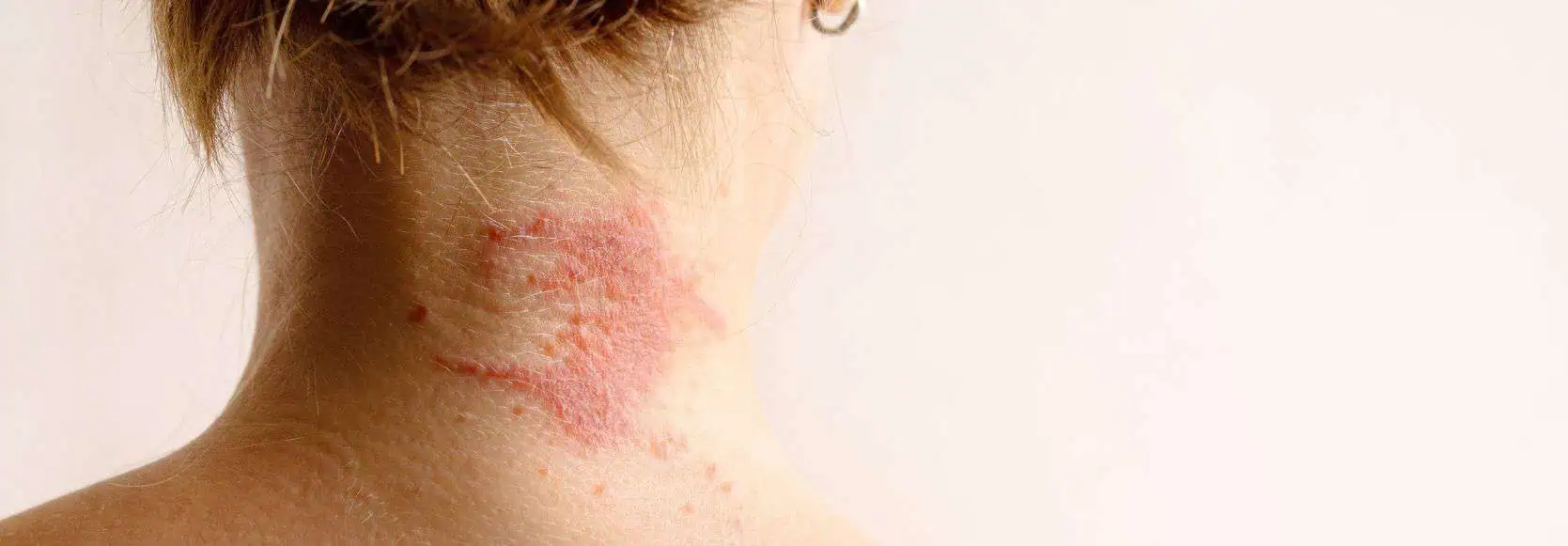What Causes Pregnancy Acne and How Can You Treat It?
Pregnancy is one of the most special times in a woman’s life. But with pregnancy comes hormonal changes which can lead to or exacerbate certain health conditions. A very common condition experienced during pregnancy is acne. While acne can be treated effectively under normal circumstances, pregnant women should be cautious, as many chemicals present in widely-used acne treatments can be detrimental to the health of their unborn baby.
What is pregnancy acne, what causes it, and what can be done to prevent and treat it? Let’s take a look:
WHAT IS PREGNANCY ACNE?
Acne is very common among pregnant women during the first and second trimesters. It is believed that almost half of all pregnant women will experience acne during pregnancy.
The major cause of pregnancy acne is the increase in hormone levels associated with pregnancy. The specific hormones responsible for acne during pregnancy are called androgens. These hormones play a role in the development of organs, certain neural functions and sexual differentiation of a fetus, among others. Androgens can cause skin glands to grow and produce an oily substance call sebum. Acne breakouts occur when sebum clogs the skin’s pores, leading to bacteria and inflammation.
Anyone can develop acne, but it’s especially common in women who are prone to breakouts during their menstrual cycle. Pregnancy acne will usually clear up once hormones have stabilised.
HOW TO PREVENT PREGNANCY ACNE
Just like normal acne, the best way to prevent or minimise your chances of developing acne during pregnancy is to keep a regular, healthy skin routine. Here are ways that can help you to maintain healthy skin:
- Wash your face regularly, but not more than twice a day. Over-washing can cause an abnormal increase in oil production in your skin, leading to breakouts.
- Wash with cold or lukewarm water with a mild, soap-free cleanser. Hot water can cause your skin to dry out, leading to increased oil production.
- Don’t scrub – many exfoliating skincare products are extremely harsh on the skin. Rather use a soft facecloth and rub/wash in small circles without applying too much pressure.
- Pat dry & moisturise. Instead of rubbing your face dry with a towel, pat it dry with a soft cloth or cotton pad, then apply an oil-free moisturiser.
- Washing your hair regularly, especially if you have oily hair, will prevent these oils from being absorbed by your skin. Keep your hair out of your face if possible.
- If you wear make-up, use oil-free, non-comedogenic or non-acnegenic products and always wash your make-up off before going to bed. This will prevent the impurities in the make-up from transferring to your pillow.
- Speaking of pillows, wash your pillowcases regularly to clean off any bacteria that may have formed during sleep.
- Keep your hands off your face to prevent the bacteria on your fingers from transferring to your face.
- Use headphones or hands-free devices instead of holding your mobile phone to your face.
- Try not to pick or squeeze pimples as it can lead to infections and leave permanent scars.
- Drink lots of water, and maintain a healthy diet free from refined sugars and processed food.
- Don’t smoke and avoid excessive caffeine and carbonated beverages.
Find out more about acne treatments
If you need help treating Acne, you may benefit by seeking professional assistance. The expertise and qualifications held by our consultants allow us to offer the highest quality private dermatology consultations, treatments and skin surgery.

Find out more about acne treatments
If you need help treating Acne, you may benefit by seeking professional assistance. The expertise and qualifications held by our consultants allow us to offer the highest quality private dermatology consultations, treatments and skin surgery.

HOW TO TREAT ACNE DURING PREGNANCY
Sometimes you will experience an acne breakout despite your best efforts and you need to seek treatment. However, pregnant women should be very careful when treating acne since the chemicals in many over-the-counter and prescriptions medication can be harmful to the unborn baby. If you’re pregnant, always consult your doctor before taking any acne treatment, whether it’s prescription, over-the-counter or even some natural remedies.
Here’s a look at some of the available pregnancy acne treatments:
OVER THE COUNTER TREATMENTS
Many over-the-counter acne treatments are available, many of which contain benzoyl peroxide, a chemical found in acne treating creams, gels and cleansers. Another chemical often present in over-the-counter treatments is glycolic acid, an acid derived from sugar cane and popular in many skincare products.
It is worth mentioning that only 5% of topical medicine gets absorbed into your body, and while these chemicals are mostly safe to use during pregnancy, there are no extensive studies that confirm their safety completely. It is recommended that you speak to your doctor before using any over-the-counter acne remedies.
PRESCRIPTION TREATMENTS
There are also many prescription treatments available to treat acne, including oral remedies and topical (applied externally to the skin) retinoids. Some practitioners even prescribe hormone therapy with estrogen and anti-androgens.
As with over-the-counter acne medication, only about 5% of the medicine that you apply to your skin will make it into your body.
These medications must only be taken if prescribed by your Dermatologist and you must let your Doctor know you are pregnant when discussing your skin concerns.
NATURAL TREATMENTS
If you’d like to avoid any synthetic medication, there are also several natural remedies you can try, including applying toners made from unfiltered apple cider vinegar, applying baking soda as a spot treatment, using lemon or lime juice to exfoliate the skin, or applying honey as an antiseptic and antibacterial treatment. Other treatments include using coconut oil as an antifungal moisturiser and creating masks from cucumber and oats. Note that the efficacy of these treatments is mostly anecdotal with no scientific basis.
SEEK PROFESSIONAL GUIDANCE
Acne during pregnancy is very common and anyone can get it, and while many available treatments can successfully treat acne, if you’re pregnant you should approach any treatment with caution. The safest route towards treating pregnancy acne is with a visit to a medical professional to discuss the safest, most appropriate treatment options for you.
Here at Harley Street Dermatology Clinic, our Dermatologists will be glad to advise on the treatment that will be most effective for you. We welcome you to learn more about our Acne Treatments.
If you would like to speak to an acne specialist, we welcome you to contact us to book a consultation.


